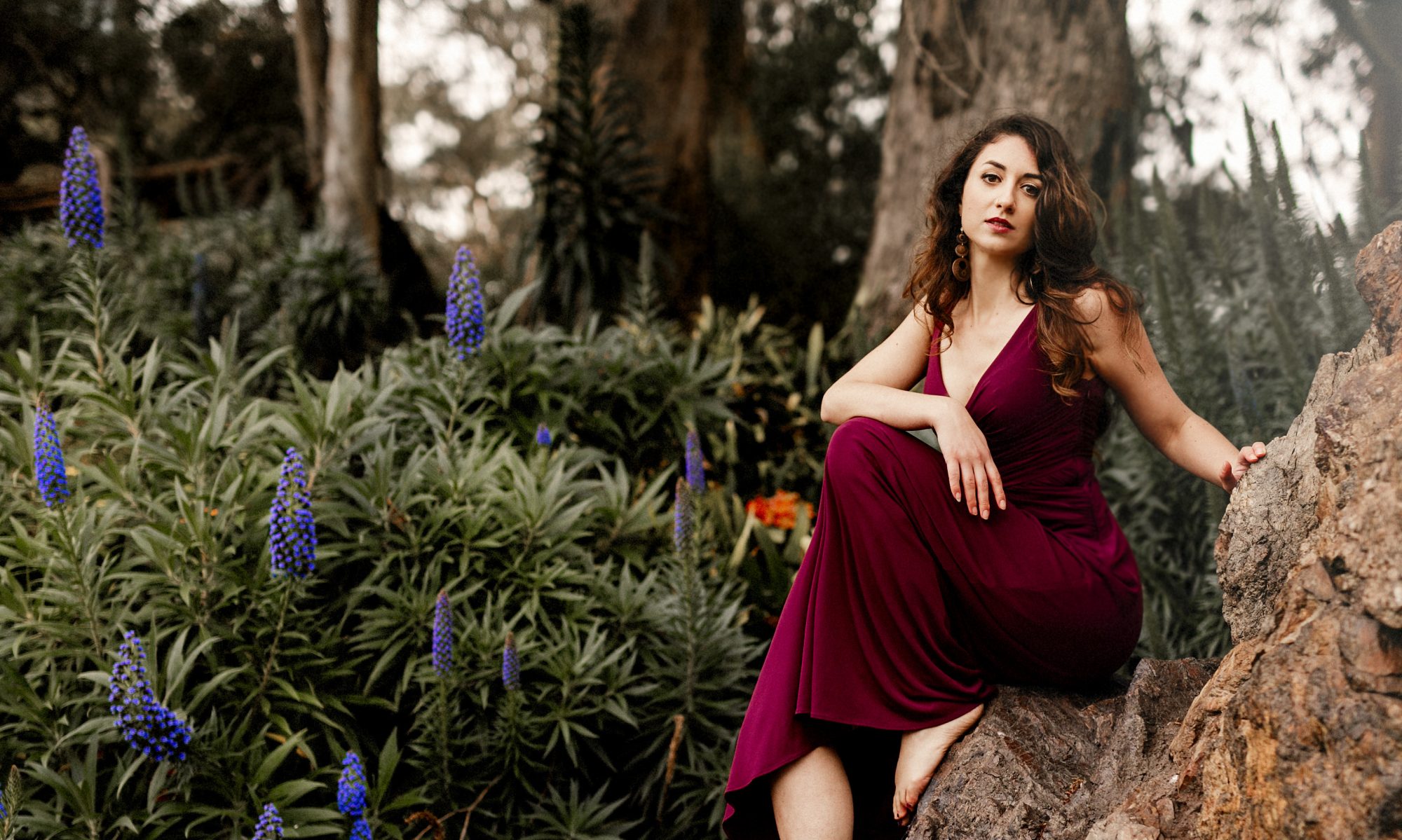“We cannot make a blade of grass. Yet there is liable not to be a blade of grass in the future unless it is accepted, protected, and fostered by the human.”[1]
– Thomas Berry
I had a dream a few nights ago, one which seemed to carry a deep and powerful meaning, bearing both my fears and hopes for the future of the earth and the future of humanity. I was aboard a spaceship, a translucent, streamline vessel made of glass and white metal. Despite its sterile futuristic qualities the ship was filled with growing plants, their green curling leaves contrasting the stark white of the craft. Six of us were on board, and each person seemed familiar although I could not now say who they were. They each had a particular characteristic that defined them, more of an archetypal person than a dynamically complex human being.
In the ship we were orbiting the earth, not too far from the ground, on a dark, murky night. We were above a vast, endless city, one that covered the entire surface of the earth. It was soiled by pollution and waste, with no growing thing in sight, not even a blade of grass.
The moon began to rise, enormous in the sky. Yet the lunar sphere was too enormous, and was quickly growing in our sight. It seemed that the gravity that had kept the moon at its precise distance from earth no longer operated, and now the moon was drifting over our horizon and through the earth’s atmosphere.
 Suddenly we found ourselves in our ship hovering directly above the moon. Moments later we landed on it. For some reason we expected the surface to be hot, yet it was not. Instead the moon was dead dust, no longer luminous. It was no longer reflecting the sun’s light, and thus was cold. The cosmic connections had been broken.
Suddenly we found ourselves in our ship hovering directly above the moon. Moments later we landed on it. For some reason we expected the surface to be hot, yet it was not. Instead the moon was dead dust, no longer luminous. It was no longer reflecting the sun’s light, and thus was cold. The cosmic connections had been broken.
Without the sun, we soon realized, nothing would photosynthesize on earth, and the last of the earth’s oxygen was quickly being used up. Our supply on board our ship would keep us alive far longer than those on the ground, but not indefinitely. Somehow, we had the vital, and time-limited task, of creating a way to perpetuate our supply without any support from earth. And if miraculously we succeeded in that, we would have to attempt the impossible task of reseeding the oxygenating process on earth.
To complete the task we landed the ship back on earth. One person on our crew wanted to leave to find something important in the city, and when she and I stepped outside we could feel the constraint in our breathing as the last of earth’s oxygen was being used up. We knew life was dying everywhere.
I do not know if we succeeded or not in our task.
Work Cited
Berry, Thomas. Evening Thoughts: Reflecting on Earth as Sacred Community. San Francisco, CA: Sierra Club Books. 2006.
[1] Thomas Berry, Evening Thoughts: Reflecting on Earth as Sacred Community (San Francisco, CA: Sierra Club Books, 2006), 21.

Thanks to the suggestion of your father, Richard Tarnas, on my Facebook page, I read and loved your art in this blog/scholarly paper. Don’t know which. I’m called now to go back through the material again and really read it this time through and through. Why? Because your words ignited my hunger for more of something that I was unaware of even being hungry for. You write beautifully, exquisitely. Clearly this cosmos that we inhabit has been graced by your existence.
Thank you so much for visiting my site and looking at my work, and I deeply appreciate your kind comments!
This was great to reaad